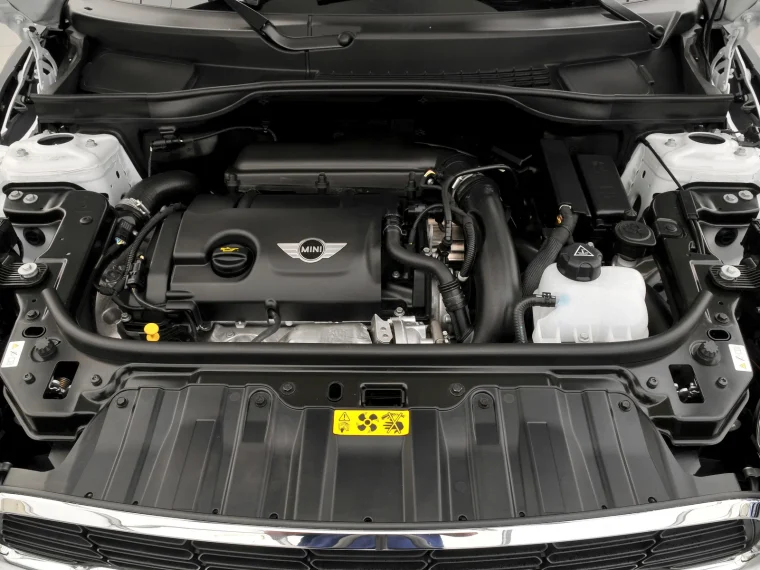They Break Too?! Engines and Transmissions from Famous Brands That Kept Failing
Peugeot-Citroen-BMW Prince

In the 2000s, BMW partnered with the Peugeot-Citroën alliance to develop a new line of four-cylinder engines. BMW needed a compact engine for the Mini, while the French automakers were looking to replace their outdated TU-series power units. This collaboration resulted in the Prince engine family—a range of 1.4L and 1.6L naturally aspirated and turbocharged engines, producing between 90 and 270 hp.
While the Prince engines were efficient, they were also complex and highly temperamental. Owners soon encountered premature timing chain wear, especially in turbocharged versions. Additionally, poorly designed camshaft gear mounting led to valve timing issues, causing power loss and excessive carbon buildup. Oil consumption was another major complaint—some naturally aspirated engines burned a liter per 1,000 km (620 miles), even when nearly new. This wasn’t just due to oil burn-off; oil leaks through gaskets were also common.
The cooling system was another weak point, leading to frequent and varied engine failures, including scored cylinders, cracked cylinder heads, and bent valves. Over the years, BMW and Peugeot-Citroën regularly updated the engine’s design. The second generation of Prince engines launched in 2011, but two major problems persisted—carbon buildup on valves and timing chain stretching. Oil consumption was also never fully resolved. After 2016, reliability improved, but these engines still required specialized servicing. BMW left the project in 2015, but not before suffering significant backlash.
In the U.S., Mini owners with defective Prince engines received compensation ranging from $2,500 to $4,500. BMW was also forced to extend the warranty on the timing chain and tensioner from 4 years/80,000 km (50,000 miles) to 7 years/160,000 km (100,000 miles). Additionally, the company was required to reimburse owners for unplanned repairs, with payouts averaging $1,000 per customer.




